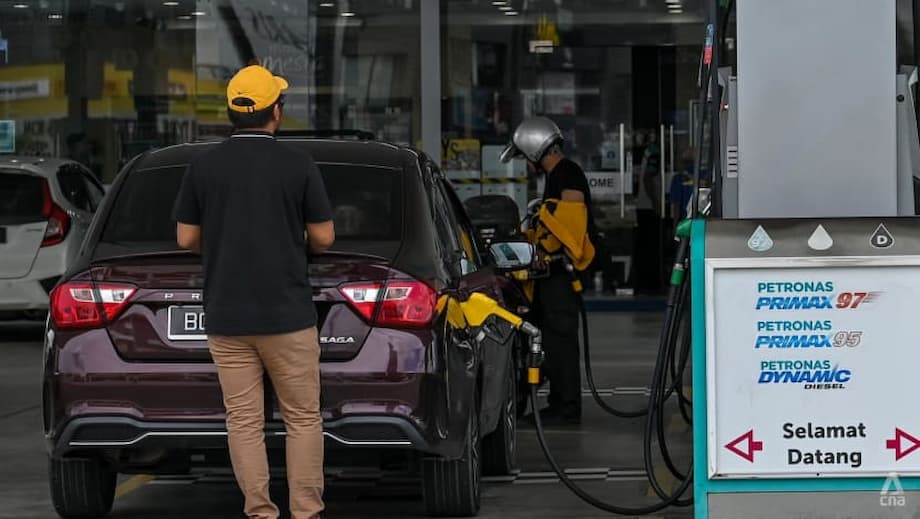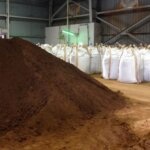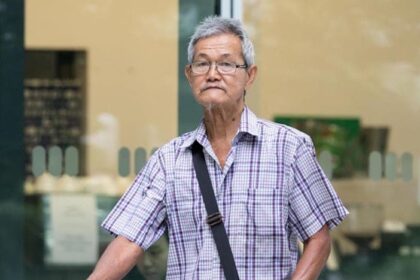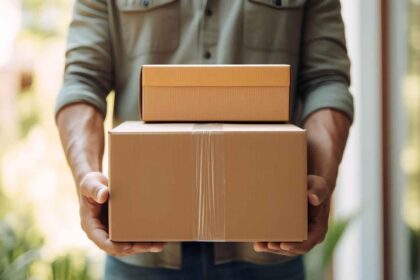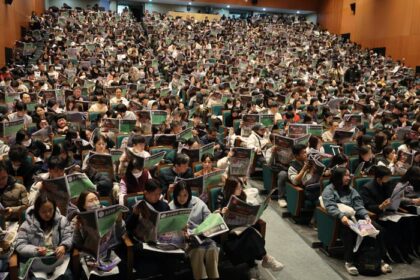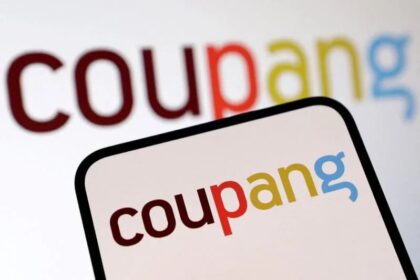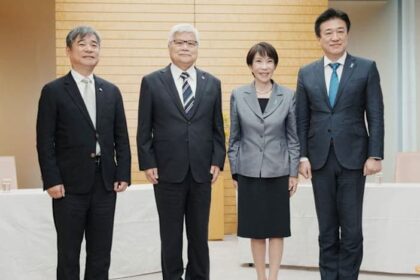Malaysia’s New Approach to Petrol Subsidies: Who Qualifies and Why?
Malaysia is on the cusp of a major overhaul in how it distributes subsidies for RON95 petrol, a move that could reshape the country’s approach to social assistance and public spending. The government has announced that, in addition to monthly income, ownership of property and luxury vehicles will soon be key factors in determining who qualifies for subsidised petrol. This targeted approach is designed to ensure that subsidies reach those who genuinely need them, while reducing fiscal leakages and curbing abuse of the system. However, the policy’s complexity and potential impact on everyday Malaysians have sparked debate among experts, consumer groups, and the public.
- Malaysia’s New Approach to Petrol Subsidies: Who Qualifies and Why?
- Why Is Malaysia Changing Its Petrol Subsidy System?
- What Are the New Criteria for Petrol Subsidy Eligibility?
- How Will the New Subsidy System Work?
- Expert and Industry Reactions: Is the System Too Complex?
- Political Sensitivity and the Challenge of Reform
- Implementation Timeline and Next Steps
- Potential Loopholes and Public Concerns
- Broader Implications for Malaysia’s Social Policy
- In Summary
Why Is Malaysia Changing Its Petrol Subsidy System?
For decades, Malaysia has provided blanket subsidies on petrol, making fuel affordable for all citizens regardless of income or wealth. While this policy has been popular, it has also been expensive and inefficient. In 2023 and 2024 alone, subsidies for RON95 petrol cost the government nearly RM20 billion per year. The system has also been prone to leakages, with non-citizens and affluent individuals benefiting alongside those in genuine need. Smuggling and cross-border fuel purchases have further strained public finances.
Prime Minister Anwar Ibrahim, who also serves as Finance Minister, has made it clear that the current approach is unsustainable. In a recent parliamentary session, he explained that the government is finalising new eligibility criteria and an implementation mechanism for rationalising RON95 petrol subsidies. The goal is to direct assistance to the most deserving Malaysians while safeguarding the nation’s fiscal health.
What Are the New Criteria for Petrol Subsidy Eligibility?
The new framework for RON95 petrol subsidies will be based on a multi-dimensional assessment. According to official statements and multiple news sources, the following factors will be considered:
- Monthly Income: Income data will be sourced from the Inland Revenue Board (LHDN) and the Department of Statistics Malaysia’s Household Income Survey (HIS).
- Property Ownership: The value and number of properties owned will be factored in, with luxury or high-value properties likely to disqualify individuals from receiving subsidies.
- Luxury Vehicle Ownership: Ownership of high-end or luxury vehicles will also be a key criterion, as it is seen as an indicator of financial capacity.
These criteria are designed to ensure that subsidies are not enjoyed by the wealthy or by non-citizens. The government has assured that at least 85 percent of Malaysians will remain eligible for subsidised petrol, with only the truly affluent and foreigners expected to pay market rates.
Prime Minister Anwar Ibrahim emphasised the government’s commitment to a fair and comprehensive approach. He stated,
“Eligibility for the RON95 fuel subsidy will be determined using various data sources, including income information from the Inland Revenue Board and the Household Income Survey conducted by the Department of Statistics Malaysia. This is to ensure a more comprehensive approach so that assistance is directed to those who genuinely need it.”
The final benchmarks for what constitutes “luxury” in terms of property and vehicles are still being determined, with an official announcement expected by the end of September.
How Will the New Subsidy System Work?
The government is considering several mechanisms to enforce the new eligibility criteria at petrol stations. One leading proposal involves the use of Malaysia’s national identity card, MyKad, which would be scanned at the pump to verify a customer’s eligibility for subsidised fuel. This system is currently being piloted by major fuel brands, and petrol station operators may need to upgrade their point-of-sale systems to accommodate the new process.
Other options under consideration include the use of e-wallets and mobile applications provided by fuel companies. The government’s PADU socio-economic database, which contains detailed profiles of over 30 million individuals, will play a central role in cross-referencing income, property, and vehicle ownership data.
Under the proposed two-tier pricing system, eligible Malaysians would pay the subsidised price of RM1.99 per litre for RON95 petrol, while non-citizens and those deemed financially capable would pay the market rate, currently around RM2.50 to RM2.69 per litre. This approach mirrors recent reforms to diesel and electricity subsidies, where targeted assistance has already been implemented.
Expert and Industry Reactions: Is the System Too Complex?
While the government’s intentions have been broadly welcomed, the complexity of the new criteria has raised concerns among analysts, consumer groups, and petrol station operators. Shankaran Nambiar, a Malaysia-based economist, noted that the multi-dimensional metric is comprehensive but could be difficult to implement effectively. He suggested that errors of exclusion (leaving out those who need help) or inclusion (giving subsidies to those who do not) are likely, given the limitations of available data.
Some experts argue that a simpler approach would be to float petrol prices for everyone and provide direct cash assistance to those who qualify, as is done with diesel. This would reduce administrative costs and avoid the need for expensive upgrades at petrol stations. However, the government appears committed to a system that targets subsidies at the point of sale, believing it will be more effective at preventing abuse.
Petrol station operators have expressed concerns about the additional costs and logistical challenges of implementing the new system. The Petrol Dealers Association of Malaysia has called for greater involvement in the planning process, warning that the costs of upgrading systems could outweigh the savings from subsidy rationalisation.
Consumer Groups Call for Broader Criteria
Consumer advocacy groups, such as the Federation of Malaysian Consumers Associations (Fomca), have called for the government to consider additional factors in the eligibility criteria. Fomca’s chief executive officer, T. Saravanan, argued that household size and the number of dependents should be included, as these directly affect a family’s financial well-being. He also highlighted the higher cost of living in urban areas and special circumstances such as medical burdens or single-parent households.
“A household with a higher income may still be supporting elderly parents, young children, or relatives with medical needs. Ignoring these realities risks punishing already burdened families,”
he said, urging the government to adopt a more holistic approach to subsidy targeting.
Political Sensitivity and the Challenge of Reform
Fuel subsidies have long been a politically sensitive issue in Malaysia. Attempts to reduce or rationalise subsidies have, in the past, contributed to election losses for ruling coalitions. The government is acutely aware of the potential for public backlash if the new system is perceived as unfair or overly burdensome.
Despite these risks, the government argues that targeted subsidies are necessary to free up fiscal space for socio-economic development and to address persistent leakages and smuggling, which are estimated to account for more than 20 percent of total fuel usage. In 2024, Malaysia allocated over RM40 billion for subsidies on petrol, diesel, cooking gas, electricity, and other essentials. Without reform, such spending threatens to crowd out investments in healthcare, education, and infrastructure.
Implementation Timeline and Next Steps
The government has set an ambitious timeline for the rollout of the new RON95 subsidy system. Detailed implementation plans are expected to be announced by the end of September, with the targeted subsidy programme slated to begin in the second half of 2025. The Ministry of Finance, in collaboration with the Ministry of Domestic Trade and Cost of Living, is actively refining the mechanism and conducting pilot tests to ensure a smooth transition.
Once implemented, the government expects the new system to save up to RM8 billion annually by better targeting subsidies and reducing leakages. The Ministry of Finance has pledged to monitor fuel prices and protect public interests throughout the transition, working closely with stakeholders to address any challenges that arise.
Potential Loopholes and Public Concerns
While the new criteria are designed to close loopholes and prevent abuse, some analysts warn that determined individuals may still find ways to circumvent the system. For example, vehicles or properties could be registered under the names of family members who remain eligible for subsidies. There are also concerns about the accuracy and timeliness of government data, which could lead to eligible individuals being wrongly excluded or ineligible individuals continuing to benefit.
Public reaction has been mixed. Many Malaysians support the principle of targeted subsidies but worry about the practicalities of implementation and the risk of unintended consequences. The government’s assurance that 85 percent of citizens will remain eligible has provided some reassurance, but the final details of the criteria and enforcement mechanisms will be closely scrutinised when they are announced.
Broader Implications for Malaysia’s Social Policy
The move to means-test petrol subsidies using income, property, and luxury vehicle ownership marks a significant shift in Malaysia’s approach to social assistance. It reflects a broader trend towards targeted welfare policies, which aim to maximise the impact of public spending by focusing resources on those most in need.
If successful, the new system could serve as a model for other forms of assistance, such as subsidies for electricity, cooking gas, and essential goods. However, the challenges of implementation and the need for robust data management highlight the importance of transparency, accountability, and ongoing public engagement in the reform process.
In Summary
- Malaysia is introducing new criteria for RON95 petrol subsidies, factoring in property and luxury vehicle ownership alongside monthly income.
- The reform aims to ensure subsidies reach those who genuinely need them, while reducing fiscal leakages and abuse.
- Eligibility will be determined using data from the Inland Revenue Board, Department of Statistics, and other government sources.
- The government plans to implement a two-tier pricing system, with MyKad verification at petrol stations to enforce eligibility.
- Consumer groups and experts have called for broader criteria, including household size and dependents, to ensure fairness.
- The policy is politically sensitive, with the government seeking to balance fiscal responsibility and public acceptance.
- Implementation details will be announced by end-September, with the targeted subsidy system expected to launch in the second half of 2025.
- Potential loopholes and data challenges remain, but the reform represents a major step towards more targeted social assistance in Malaysia.


